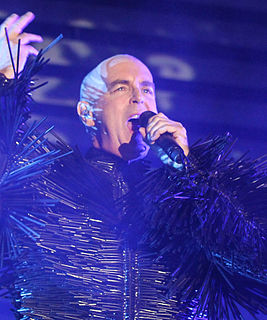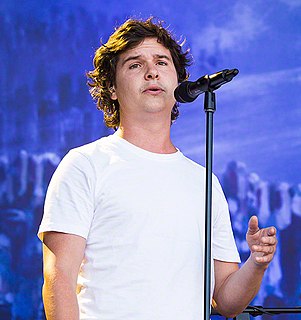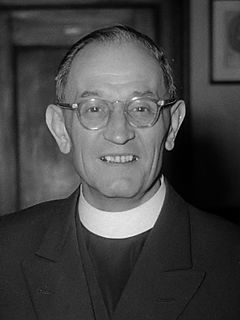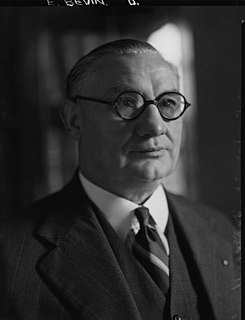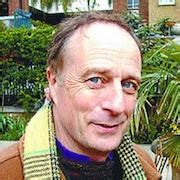A Quote by Robert Harris
My parents were interested in history and the world. My father read Graham Greene and Georges Simenon and was a strong trade unionist and Labour supporter.
Related Quotes
I began thinking about why am I constructing almost a shadow father or ghost father in my head into Graham Greene in response to the father who created me? What's going on here? I think a part of my sense is it's every boy's story. When we are kids, we imagine that to define ourselves or to find ourselves means charting your own individuality, making your own destiny and actually running away from your parents and your home and what you grew up with.
My books are a subject of much discussion. They pour from shelves onto tables, chairs and the floor, and Chaz observes that I haven't read many of them and I never will. You just never know. One day I may - need is the word I use - to read Finnegans Wake, the Icelandic sagas, Churchill's history of the Second World War, the complete Tintin in French, 47 novels by Simenon, and By Love Possessed.
Of John Le Carre's books, I've only read 'The Spy Who Came In From The Cold,' and I haven't read anything by Graham Greene, but I've heard a great deal about how 'Your Republic Is Calling You' reminded English readers of those two writers. I don't really have any particular interest in Cold War spy novels.
If I were transported into my father's shoes, I would have been a Labour supporter, too, because in the 1960s and even in the 1970s, the Conservatives weren't standing up for working people; there was too much of an interest in corporatism, and that didn't start to change till Margaret Thatcher came along.






